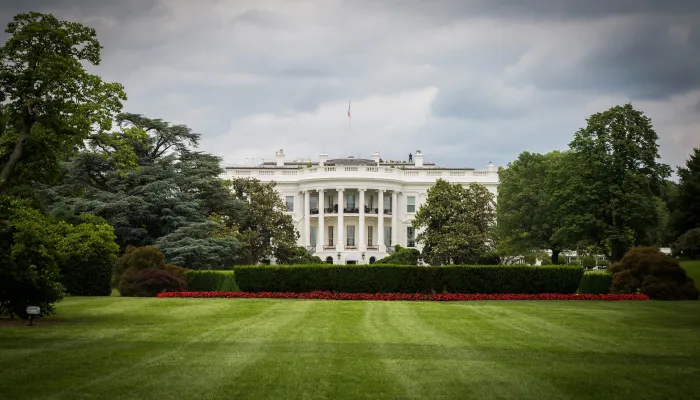Senate Considering Debt-Increasing Parks Legislation
This week, the Senate will consider the Great American Outdoors Act. The bill seeks to address the backlog of maintenance on public lands in a way that would add to the debt. Emergency borrowing is appropriate when responding to unanticipated crises like the COVID-19 pandemic, but it is fiscally irresponsible to borrow in order to address a long-recognized problem. If an activity is worth doing, it is worth paying for.
According to the Congressional Budget Office (CBO), the legislation would increase the debt by $17.3 billion over the next decade. Including interest effects would increase the cost to $19.3 billion. Diverting miscellaneous energy receipts from the General Fund of the Treasury into a new National Parks and Public Land Legacy Restoration Fund would add $9.5 billion to the debt. Creating a new direct spending allocation of $900 million per year – on top of which further discretionary amounts could be appropriated – would add $7.7 billion in debt. The latter policy would also remove the majority of Land and Water Conservation Fund spending – currently more than $495 million – from under the non-defense discretionary spending cap, allowing other spending to increase commensurately.
| Provision | Debt Impact ('21-'30) | |
|---|---|---|
| National Parks and Public Land Legacy Restoration Fund | $9.5 billion | |
| Annual $900 million Allocation to the Land and Water Conservation Fund | $7.7 billion | |
| Interest Effect | $2.0 billion | |
| Total | $19.3 billion | |
Note: numbers may not sum due to rounding
Source: Congressional Budget Office
Several proposed amendments would facilitate the objectives of the legislation while fostering fiscal responsibility. For example, Senate Budget Committee Chairman Mike Enzi has proposed raising permanent, dedicated revenue through user fees. Since the bill would reduce the amount of spending subject to the non-defense discretionary spending cap, Senator Mike Braun (R-IN) has offered an amendment to reduce the fiscal year (FY) 2021 non-defense discretionary cap by a commensurate amount. Senator John Barrasso (R-WY) has also proposed keeping the spending subject to appropriations.
While the maintenance backlog on public lands is certainly a significant problem worthy of addressing, we must avoid doing so in a way that exacerbates the much larger problem of our growing national debt and deficits. If policymakers decide to pass the Great American Outdoors Act, they should commit to fully offsetting the cost of the legislation, either by raising new revenue or reducing spending elsewhere. Our Budget Offsets Bank provides several options, though offices may wish to develop others. The deadline to file amendments to the bill is 1:00pm today.
America’s parks and other public lands are truly national treasures. Adjustments to user fees for necessary maintenance make sense. They could also provide funding stability so future generations can enjoy these resources while paying their fair share instead of being stuck with the bill from today’s needs because current lawmakers failed to pay for their priorities.


